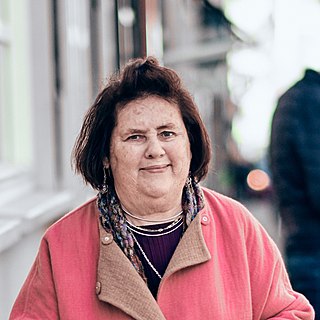A Quote by Shirley Geok-lin Lim
For a while they wore suits or pants suits, and pants suits are kind of a women's appropriation of male costume, work costume. For me, it wasn't Western feminism or the Western workspace. It was my growing up in a house with a bunch of boys, so that male costuming just became my mode of appropriation way before, you know, Betty Friedan came along.
Related Quotes
Costume is always an asset. Normal costume you have a lot to say about - if you're wearing suits or ties, and what color you want, and how it's going to be cut, and stuff like that, and whether or not you're going to wear a hat, and blah, blah, blah. But, when you're wearing a special costume, and of course, costume is probably the second ingredient in character, script being first, I always find that the costume does a lot to cement your character, to put it firmly in mind.
Bespoke tailoring: yes! I found this one pair of pants - they're Canali - and brought them into a tailor and said, 'Clone these, dammit.' They just do all the right things. I've got eight pairs in different colors and I never have to think about pants again. The only look otherwise that suits me is, like, the Professor from 'Gilligan's Island.'
It is obvious that many women have appropriated feminism to serve their own ends, especially those white women who have been at the forefront of the movement; but rather than resigning myself to this appropriation I choose to re-appropriate the term “feminism,” to focus on the fact that to be “feminist” in any authentic sense of the term is to want for all people, female and male, liberation from sexist role patterns, domination, and oppression.
I think feminism has always been global. I think there's feminism everywhere throughout the world. I think, though, for Western feminism and for American feminism, it not so surprisingly continues to center Western feminism and American feminism. And I think the biggest hurdle American feminists have in terms of taking a more global approach is that too often when you hear American feminists talk about international feminism or women in other countries, it kind of goes along with this condescending point of view like we have to save the women of such-and-such country; we have to help them.






































